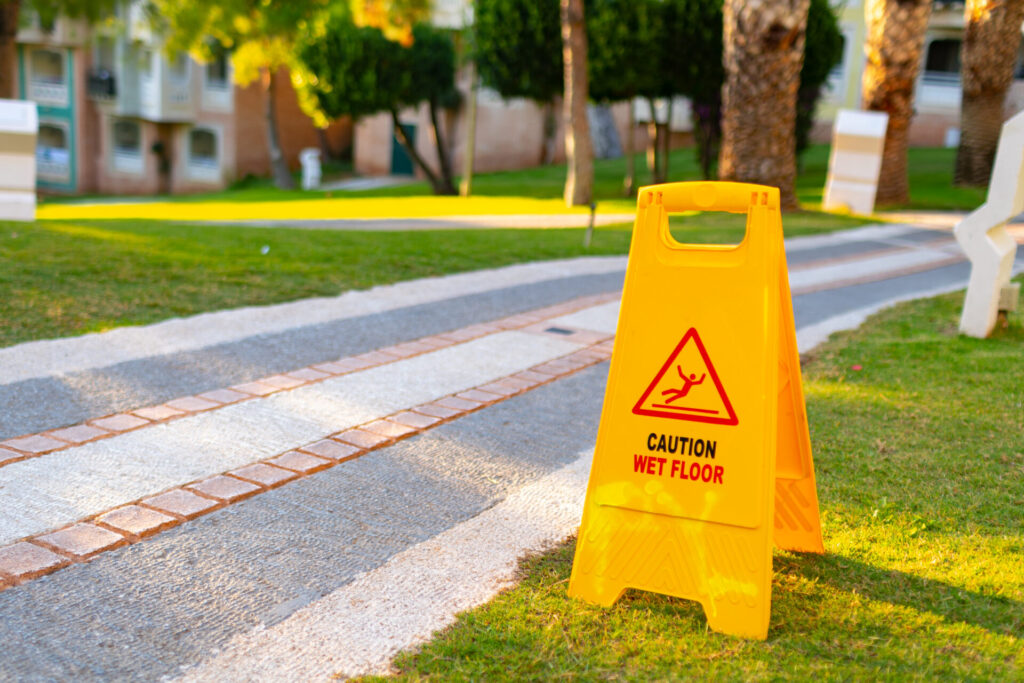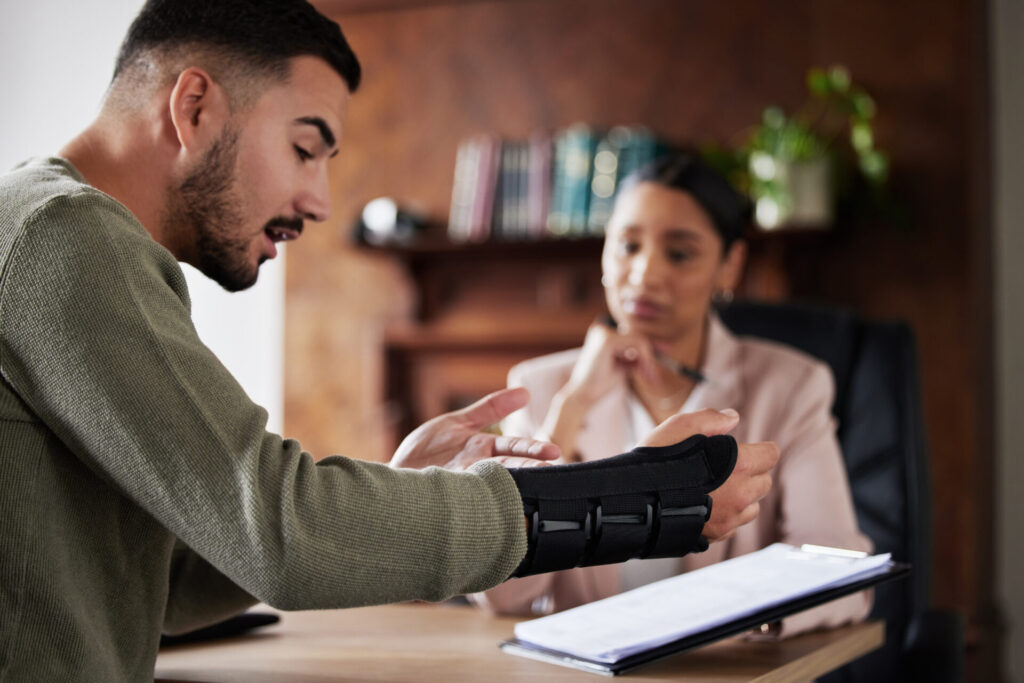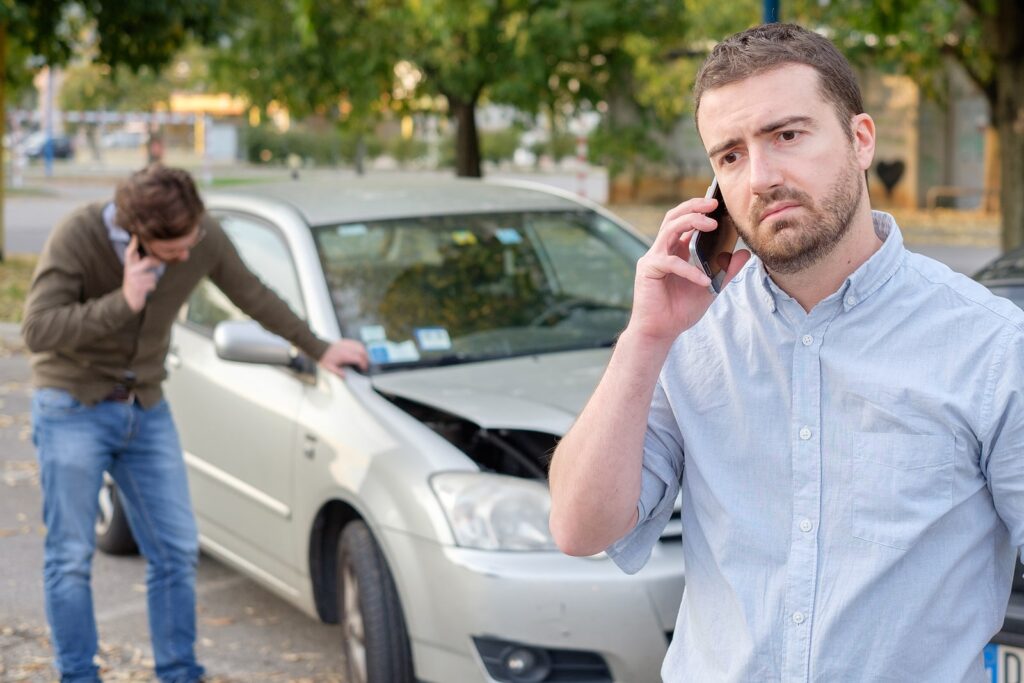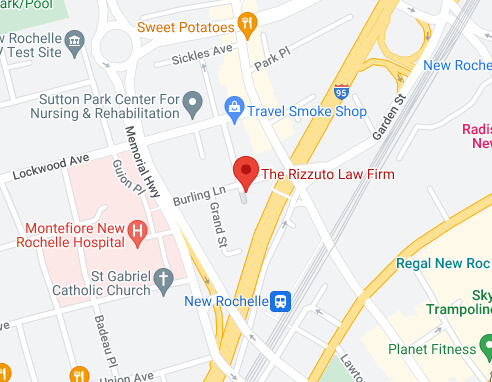What Should I Do First if I’ve Been in an Accident Involving Public Transportation?
Whether someone is involved in this type of accident as another driver, a pedestrian, or a passenger, the results can be terrifying and traumatic. Buses are sizable vehicles that can cause significant damage. What you need to do:
- If you can, call the police to file a police report, which you may need if you end up filing a claim.
- Take photos or videos of the accident site, which may be useful evidence later.
- Take names and contact information from any potential eyewitnesses, and note if any buildings nearby might have video cameras with footage of the accident.
- Then, even if you don’t think you were injured, it’s crucial to see a doctor as soon as possible. Explain that you were in an accident, and get a thorough examination. There are many injuries that don’t present symptoms at first. Left untreated, they can worsen and even become dangerous. What’s more, if you try to file claims for injuries discovered long after the accident, the other party could claim that your injuries were caused by something else since you didn’t seek medical attention right away.
There’s also something important you should not do, and that’s discuss the accident with anyone at the scene, other than to answer questions about it from the police. You could unintentionally say something that could later be interpreted as accepting some or all of the fault for the accident. It’s particularly important that you don’t discuss the accident with anyone else that might be at fault.
The next step is to contact an experienced public transportation accident attorney. These cases are complex, with significant requirements and strict timelines that must be adhered to, or the case will be dismissed.
What Is the Statute of Limitations for Personal Injury Claims in New York?
A statute of limitations is the legal period within which someone can file a claim for damages for injuries caused by an accident. In New York, the usual statute of limitations for personal injuries is three years from the accident date. If someone dies because of an accident, the family or estate has two years from the date of death to file claims.
However, the time frame is much narrower when public transportation is involved. Anytime someone needs to file a claim against a government agency, whether it’s state, county, city, town, or village, they must first file a notice of claim. That legal document states the plaintiff (injured party) intends to file a claim. The plaintiff has only 90 days to file the notice of claim. There are some situations where they can request permission to file the notice after the 90-day period, but there are no guarantees the court will agree.
Is New York a No-Fault Insurance State?
New York is a no-fault state. That means anyone who owns a vehicle must have a personal injury protection (PIP) insurance plan as part of their vehicle’s coverage. When an accident happens, regardless of who was at fault, the injured person should turn to their insurance first.
The PIP has a $50,000 cap and covers only economic damages, such as out-of-pocket medical bills and car repairs. It doesn’t cover non-economic damages, such as pain and suffering.
There are times when the victim’s insurer doesn’t have to approve claims in a no-fault situation, including if the victim was found to be:
- Driving while under the influence (DUI) of drugs and/or alcohol (although the insurance still has to cover emergency services provided at a hospital or by an EMT)
- Deliberately trying to cause their own injuries
- Committing a felony at the time of the injury
- Owning an uninsured car
- Riding an ATV or motorcycle as either driver or passenger
What Is New York’s Serious Injury Rule?
There are injuries that are so severe that the PIP’s $50,000 cap is exceeded, or the victim suffers emotional trauma that the PIP does not cover. New York’s insurance laws allow for someone who has suffered what is defined as a “serious injury” where the economic costs exceeded the PIP total or non-economic damages were involved in pursuing additional damages from the liable party.
The state has defined serious injury as one or more of the following: If you’re unsure if your injury fits in this category, speak to one of our attorneys who can help you determine if you have cause to pursue a claim.
- Death
- Loss of a limb, such as an arm or leg
- Broken bones
- Loss of a body organ, system, or function
- Serious reduction in the ability to use parts of the body for everyday activities
- The untimely end of a pregnancy
- Any injury that causes the victim to be unable to live normally for a minimum of 90 days during the 180 days following the accident
What Should I Do if I Was Injured in an Accident Involving Public Transportation?
Call the Rizzuto Law Firm as soon as possible at 516-622-0606 for a free case evaluation. Because filing for damages from a governmental entity dramatically reduces the time frame involved, it’s crucial that we get started as soon as possible. Missing the required deadlines could cause the case to be dismissed.
You may have attorneys or insurance representatives from the government agency reach out to you. Don’t discuss the case with them or answer any of their questions. Instead, forward their communications to your attorney.





